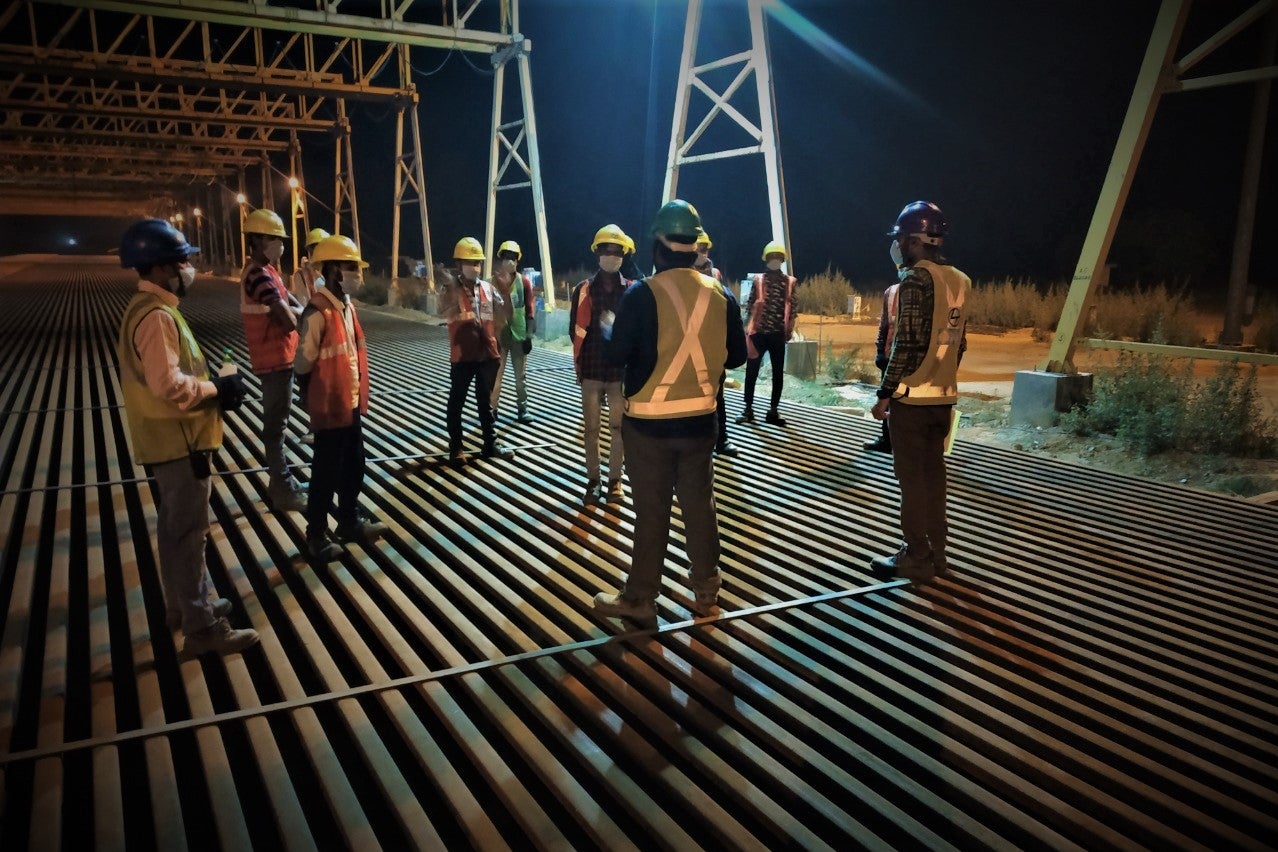 Workers maintaining social distance and wearing masks at the EDFC project site, India
Workers maintaining social distance and wearing masks at the EDFC project site, India
Kamlesh Kumar had barely started his job on the Eastern Dedicated Freight Corridor (EDFC) near Etawah in Uttar Pradesh, when a three-week national lockdown was announced to contain the COVID -19 pandemic. No work from tomorrow, he thought, and no earnings either!
In Delhi, Anshuman Sharma too was worried. As the director in charge at the Dedicated Freight Corridor Corporation of India Limited (DFCCIL) – the Indian Railways’ agency responsible for constructing the EDFC – his schedule would now be set back by weeks, if not months!
Before the lockdown, work on the most ambitious railway project in independent India was proceeding apace.
Now, the project authorities stood to lose out on the precious dry season before the monsoon rains turned the sites to slush, making it impossible to undertake any major earthworks along the line.
But the delay was not all that Mr. Sharma had to worry about. Across the country the lockdown had led large numbers of workers to begin walking home to their villages, often traversing hundreds of miles under the blazing sun without food, money, or transportation. “India Walks Home,” declared the headlines of the post-lockdown exodus.
“Never did we imagine that a virus could cause such devastation,” said Mr. Sharma. “We now needed to look after our workers’ health and well-being during this difficult time.”
The construction contractors too rose admirably to the challenge. In a rare humanitarian gesture, they immediately took charge of their workers’ additional needs without a single thought for the extra costs involved, even though it was unclear how long the situation would last.
Workers stay on at project sites both during the lockdown and after
The construction contractors too rose admirably to the challenge. In a rare humanitarian gesture, they immediately took charge of their workers’ additional needs without a single thought for the extra costs involved, even though it was unclear how long the situation would last.
The workers - many of whom had migrated from states such as Bihar, Jharkhand, and West Bengal - were paid their wages on time, kept busy with games, yoga, and meditation counseled against fear and anxiety and encouraged to stay anchored at the work camps rather than risking hazardous journeys home with children in tow. It was also ensured that both workers and their families had enough food and supplies, including medicines, masks, and sanitizers.
It is thus telling that, unlike most other parts of the country, when the government arranged Shramik Special trains to take stranded migrants back to their villages, only a few EDFC workers, worried about their families back home, climbed on board.
A new way of working
The resumption of work brought its own challenges, however. “Work had to be restarted, but workers were afraid to go to the sites,” explained Raman Choudhary, senior deputy general manager at Larsen and Toubro, among the largest construction companies working on the project.
“Supply chains were disrupted and the need to maintain social distancing slowed down our work considerably. For example, only five workers could now ride a truck at a time, whereas 15 could do so earlier. It was a very unique situation for us and required very different kind of planning.”
To set the norms for the new ways of working, the project authorities, therefore, developed fresh standard operating procedures (SOPs) in accordance with government guidelines. These laid down the protocols for staggered work at congested locations; for checking and quarantining labor and supplies; inspecting and sanitizing work sites; controlling access, especially for workers from known COVID hotspots; outlining what to do in case of an emergency, tying up with hospitals, creating isolation rooms and so on.
Workers received multiple rounds of training in the new SOPs before they were allowed back at the sites. And safety officers were deputed to monitor and report daily compliance, with a process for cross verifying the contractor’s health, safety, and environment (HSE) reports.
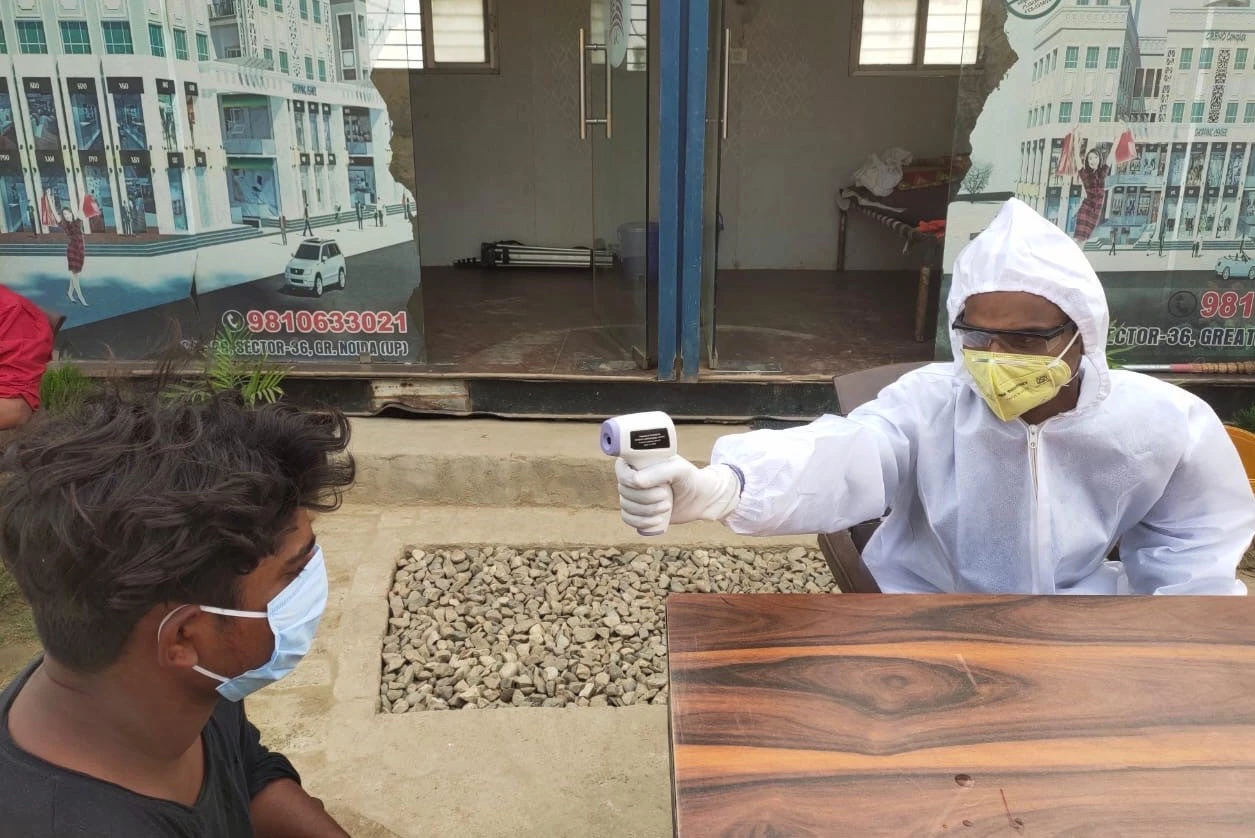
Together, these measures ensured full adherence to the new SOPs at all the worksites, with the result that only a handful of Covid-19 cases have been reported from the EDFC project.
While other challenges will surely come, the project has made a great start in learning to live and work with the pandemic. “Although nature has its ways of challenging us, it is how we take up these challenges and move forward that defines us as individuals and, eventually, as an organization ,” explained Mr. Sharma.
Now the project needs to test the new ways of working, to make sure that biomedical waste is handled scientifically, and ensure that social distancing continues to be maintained, especially where workers are living in villages along the corridor.
Given the excellent track record of both project authorities and contractors, the EDFC team is very well prepared to meet the challenges that lie ahead.
The World Bank is financing 1,200 km of the Eastern Dedicated Freight Corridor Project (EDFC) between Ludhiana in Punjab and Mughalsarai in Uttar Pradesh.

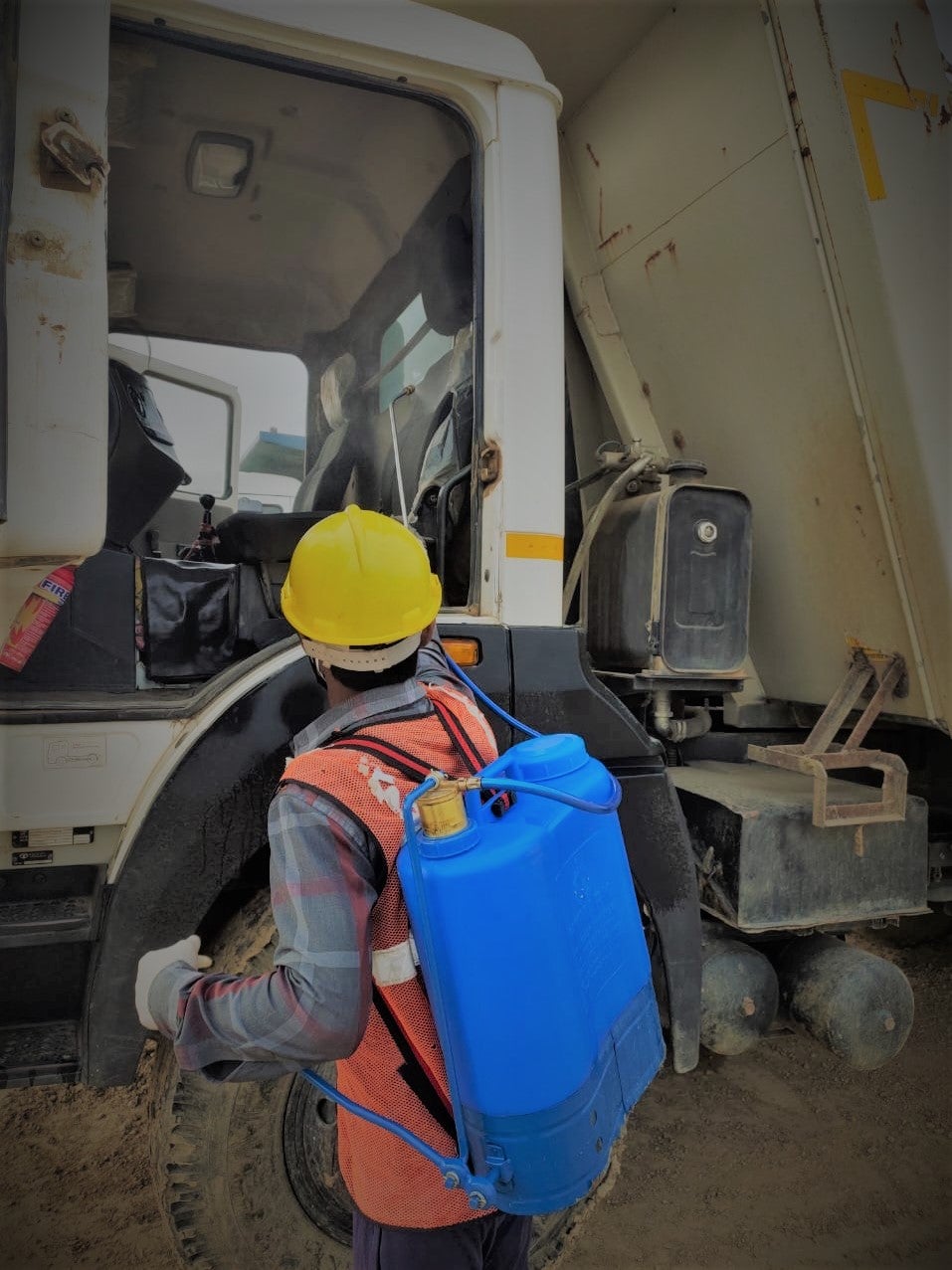
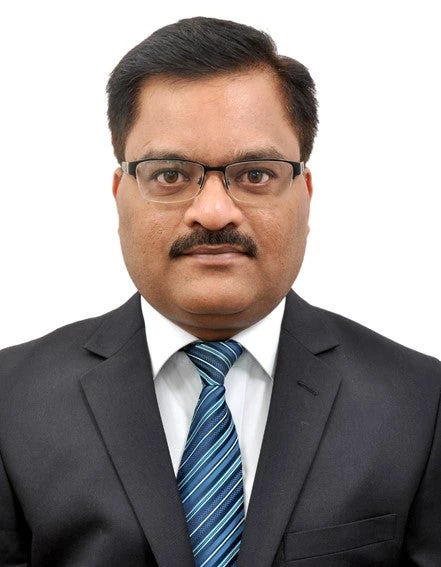
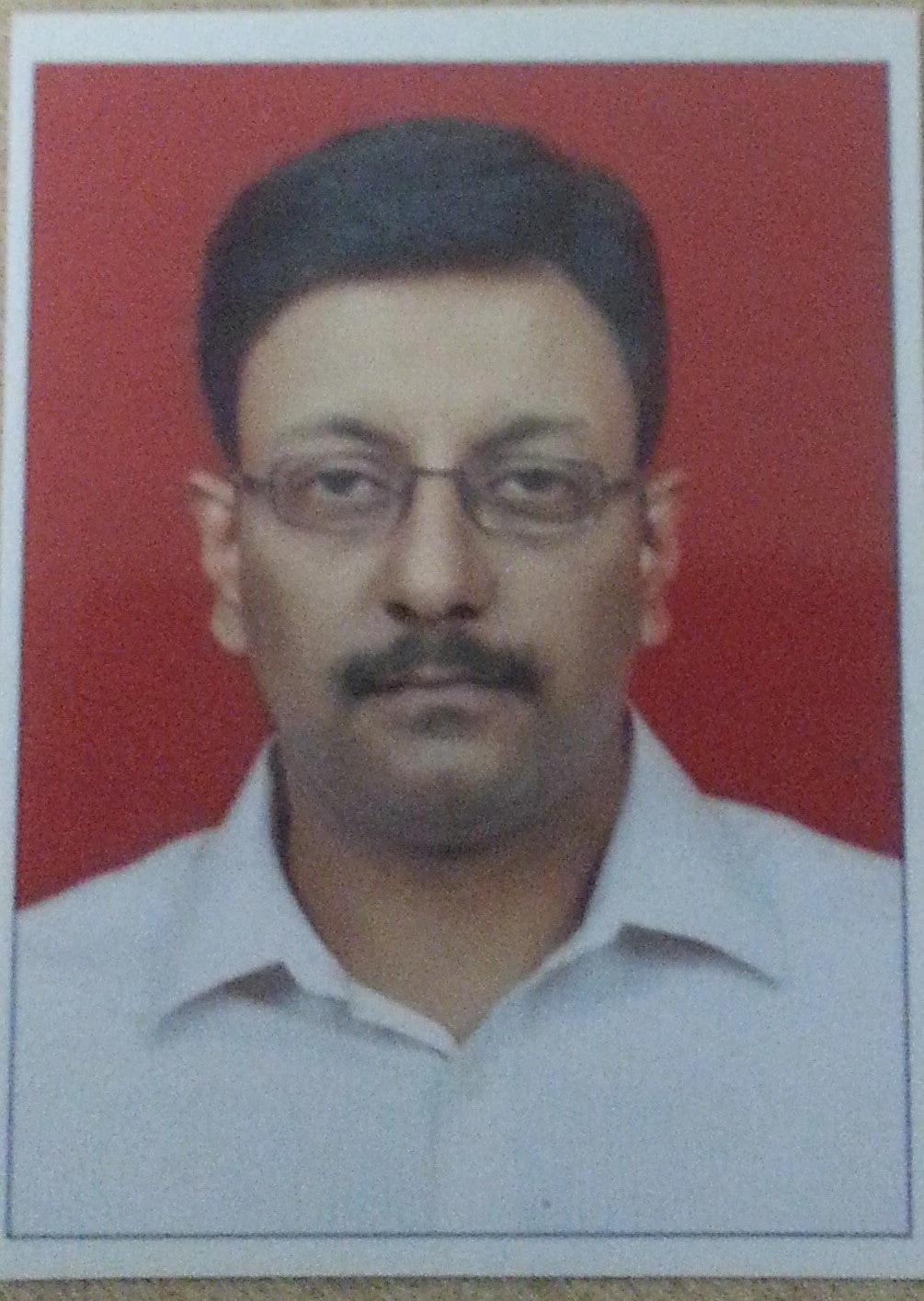
Join the Conversation